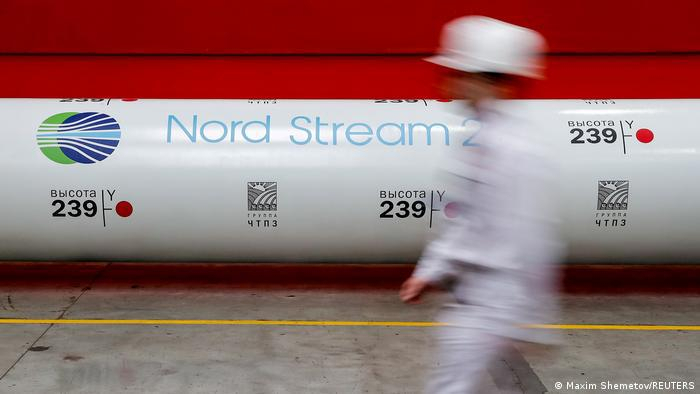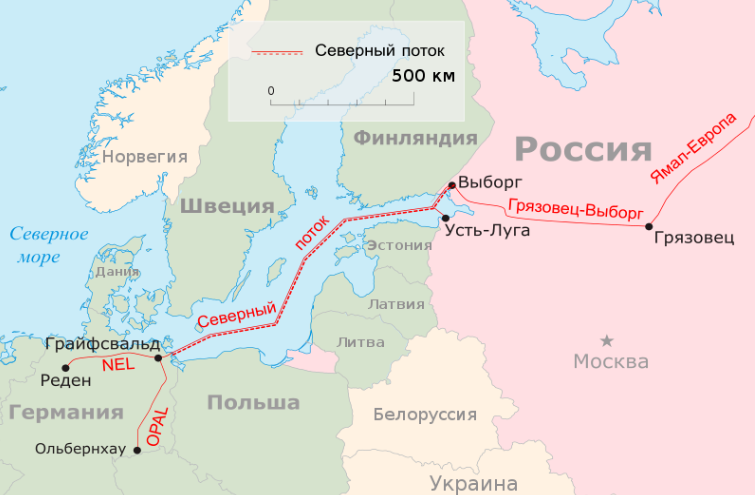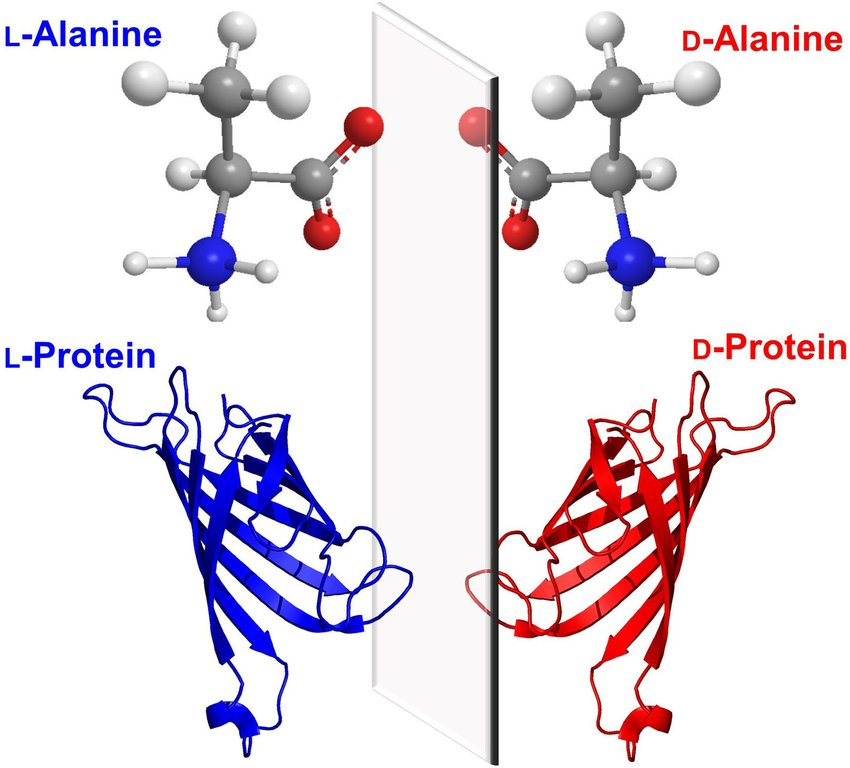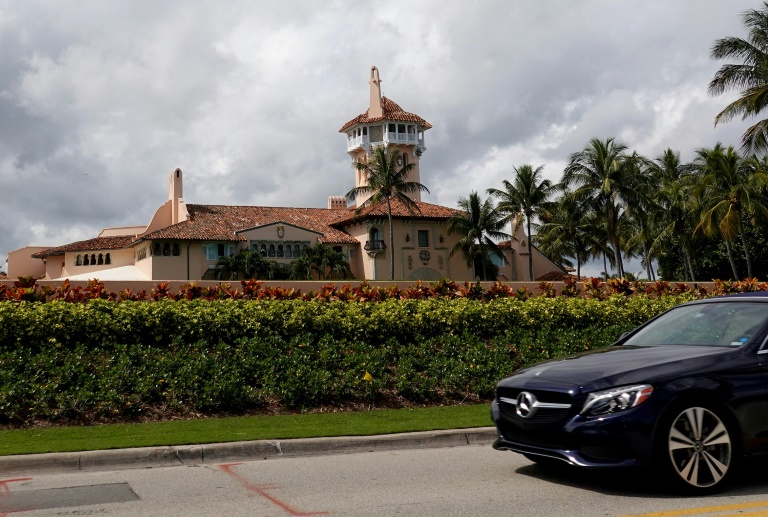The Russian state-owned gas monopoly Gazprom has completely stopped gas supplies to Europe through the Nord Stream 1 pipeline.
Gas will not flow through the pipeline, which stretches 1,200km under the Baltic Sea, for three days. The halting of supplies was announced by Russia a week ahead. Germany will be the hardest hit when gas supplies on the pipeline, which connects the Russian coast near St Petersburg to north-eastern Germany, are halted.
Wikipedia
Lowered Capacity
Moscow has battled western allegations that the halting of natural gas is a way of retaliating against the west’s support for Ukraine. According to Gazprom, the supplies will restart once maintenance and repair work on the line are over.
Though the supplies will restart soon, they are already whittled down to 20 percent of the original capacity. The capacity reduction happened in phases after the start of the Ukraine war as Moscow weighed up its options against the western European nations that are dependent on its natural gas but are aligned with Ukraine.
The Nord Stream 1 pipeline, which was opened in 2011, has been a lifeline for Europe. With winter months approaching, Europe is worried over the Russian move as greater supplies are required for heating homes.
A lot depends on the Russian action as gas prices have spiked more than 400 percent in Europe after the supply crisis began in the wake of the Ukraine war. Further output cuts or supply outages will drive prices up again.
‘Weapon of War’
The West, meanwhile, repeated the charge that Russia is weaponizing using natural gas. French Energy Minister Agnes Pannier-Runacher said Moscow is “using gas as a weapon of war”.

The BBC said in a report last week that Russia was burning off natural gas worth around $10 million every day at a plant near the Finnish border.
The International Monetary Fund (IMF) said last month that the European Union nations are staring at the possibility of recession as a reduction in Russian gas supplies will severely cripple their economies. According to the IMF, a total shutdown of Russian gas supplies will lead to as much as a 6 percent drop in GDP of the vulnerable EU countries.
“The prospect of an unprecedented total shutoff is fuelling concern about gas shortages, still higher prices, and economic impacts. While policymakers are moving swiftly, they lack a blueprint to manage and minimise impact,” IMF said.







